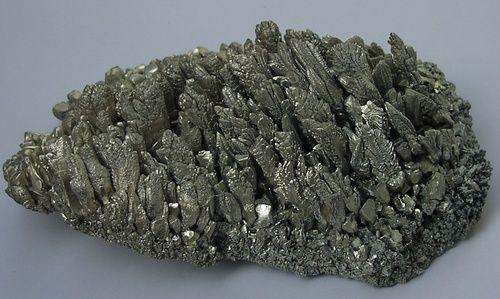La magnesium deficiency it may be due to a low dietary intake of the mineral or even to chronic alcoholism. It often causes symptoms such as irritability, cramps and fatigue which can be cured through nutrition. Let's find out how.
> Symptoms of magnesium deficiency
> The cause
> Integrate magnesium deficiency with your diet

Symptoms of magnesium deficiency
A healthy intake of magnesium goes dai 150 to 500 milligrams per day, depending on body weight and age.
Symptoms of magnesium deficiency they are closely related to poor absorption or an inadequate dietary intake. But other factors also come into play. When magnesium is lacking, glucose is not converted into energy and the body weakens.
The symptoms of magnesium deficiency are different, among them can be found: fatigue, irritability, altered mood, mental confusion, lack of muscle coordination, tremors, cramps; in cases of severe deficiencies there is also an abnormal accentuation of tendon reflexes, cardiac arrhythmia and arterial hypertension.
In women, a magnesium deficiency can accentuate the disorders related to the premenstrual syndrome. Magnesium deficiency can be discovered through a thorough blood and urine test.
The causes of magnesium deficiency
The causes of magnesium deficiency can be different, though chronic alcoholism it is among the most common in Western society.
Magnesium deficiency due to insufficient food intake is also frequent in cases of fasting or Kwashiorkor syndrome, in the poorest countries, where the swollen belly of malnourished African children is also an indication of protein deficiency. If the intestines are not functioning properly, the absorption of magnesium suffers.
Pancreatitis, colitis, ulcers, celiac disease they can be causes of bad absorption of the mineral. If diarrhea and vomiting are frequent and constant, magnesium deficiency syndromes are also recorded. Some laxatives, diuretics or medications, or too much intense sporting activity can also cause loss. Kidney failure, stress, and thyroid disorders can cause severe magnesium losses.
You can learn more about all the properties and benefits of magnesium

Integrate magnesium deficiency with your diet
If you were to find a magnesium deficiency, you can immediately run for cover through the diet. Foods that contain the greatest amounts of magnesium are i green leafy vegetables, le bananas and dates, the peanuts, cacao whole grains. Other good sources of magnesium are legumes and nuts, such as nights, the almonds and figs buckets.
Meat, fish and milk contain less of it. To enrich the magnesium supply, unrefined grains should be preferred. The supply of magnesium through the water is equally important, considering that the amount is very variable depending on the type of water.


























